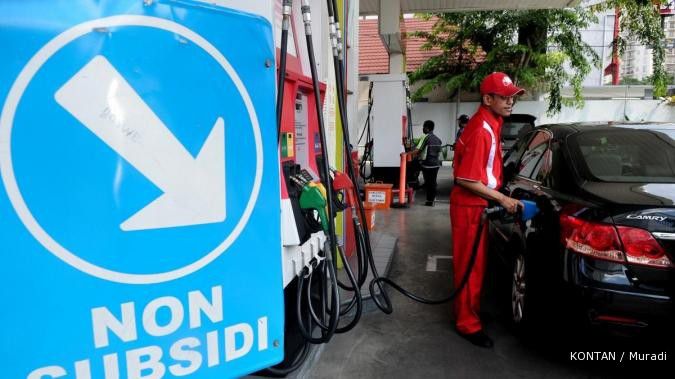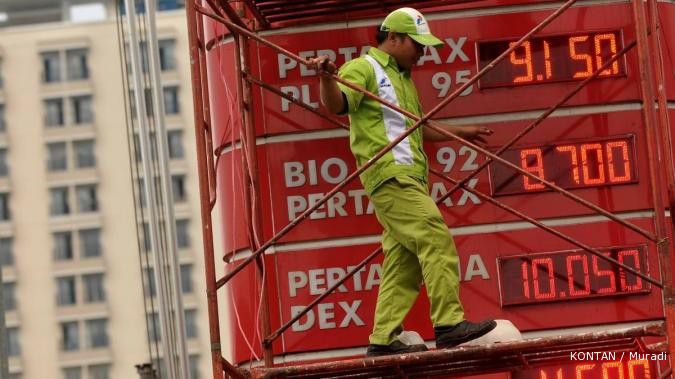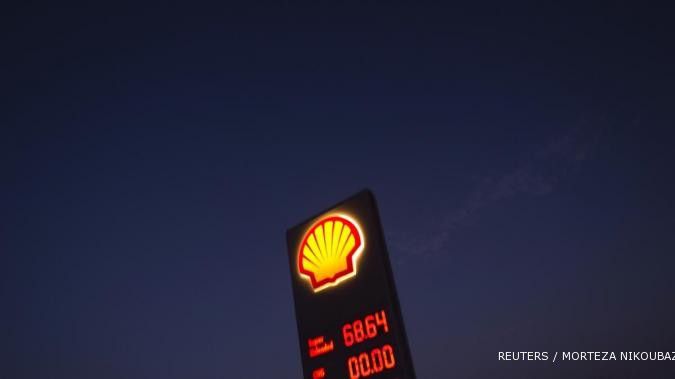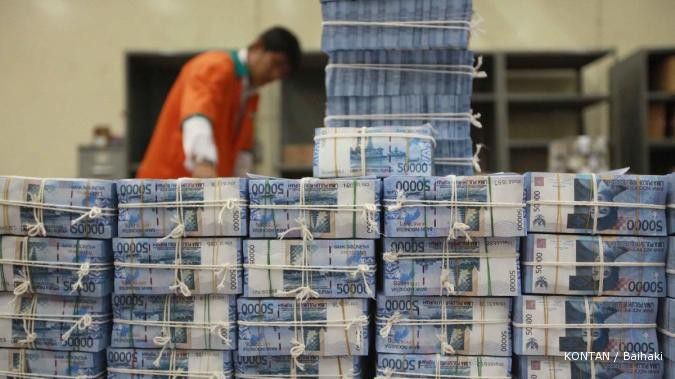JAKARTA. Governmental uncertainty in implementing a firm policy on energy subsidies has partly contributed to a significant increase in the inflation rate in April the Central Statistics Agency (BPS) says.
The BPS, in its monthly report, said that the consumer price index (CPI) in April rose by 0.21 percent, far higher than the inflation recorded in March, which stood at 0.07 percent. From January to April, inflation stood at 1.09 percent, while on a year-on-year basis, inflation rose to a seven-month high of 4.5 percent in April.
BPS head Suryamin said that the rising inflation was mainly triggered by the public’s expectations over a potential subsidized-fuel price hike, an issue that became the main talking point during the months of March and April.
During those months, the government submitted a proposal to the House of Representatives (DPR) to raise subsidized-fuel prices by Rp 1,500 (16 US cents) per liter to Rp 6,000 per liter.
The proposal was rejected by the House, but during its deliberation, Suryamin said, traders had increased prices of staple commodities such as rice, cooking oil and other basic foods on expectations the government would go ahead with its plan to increase the price of subsidized fuel.
“So, the current inflation is due to the psychological effects triggered by speculation on the planned policy,” Suryamin said.
With immediate price increases off the table, the government set up a number of steps, from energy conversion programs to consumption restrictions, to manage its energy subsidy.
However, the plan to restrict subsidized-fuel consumption, which was originally slated to take effect in April, was delayed. Speculation is rife that this plan might be launched in May, but Coordinating Economic Minister Hatta Rajasa said deliberations were ongoing and no fixed implementation date had been set.
In short, uncertainty continues to loom over the government’s energy subsidy policy and its future implications.
BPS’s director of price statistics, Sasmito Hadi Wibowo, said that if the uncertainties continued, then the public would speculate even more and this would trigger higher inflation in the coming months.
“Retailers have a tendency to stock their inventories so that they can easily raise prices when the subsidized-fuel price is finally raised,” he said.
Sasmito said that the government had to determine its energy subsidy policy as soon as possible in order to contain rising inflation.
Meanwhile, economists predicted that subsidized-fuel prices might rise some time between June and July, and this could trigger higher inflation by the end of the year.
Under the revised state budget law passed last month, government can only raise fuel prices if the average Indonesia crude price average for the first half of the year reaches US$120.75 per barrel.
“If subsidized-fuel prices rise by 33 percent in July, then inflation could reach 6.5 percent at the end of the year,” Standard Chartered economist Eric Sugandi told The Jakarta Post.
Bank Mandiri economist Destry Damayanti said that the impact of a subsidized-fuel price hike on inflation would last for about a year, after which the consumer price index would slowly decline.
“The impact of a subsidized-fuel price hike, if it is implemented in June, will last until June next year. During this period, the inflation rate at the end of this year could stand between 6.5 percent and 7 percent. After June next year, inflation would slowly decline and reach a rate of between 6 percent and 6.5 percent,” she said.
Both Eric and Destri said that soaring inflation would prompt Bank Indonesia (BI) to implement tight money policies but refrain from raising the BI rate, which now stands at 5.75 percent.
According to them, BI would utilize other tight money instruments such as increasing its reserve requirements, interfering in foreign exchange markets to maintain rupiah exchange rates and by issuing bonds. (Hans David Tampubolon/The Jakarta Post)
Inflation hits seven-month high in April
May 02, 2012, 09.35 AM
/2012/05/02/1325419865p.jpg)
ILUSTRASI. Pengunjung melakukan pembukaan rekening tabungan CIMB Niaga di mesin Self Service Banking (SSB) Digital Lounge CIMB Niaga di salah satu mall Jakarta, Rabu (14/4). KONTAN/Carolus Agus Waluyo/14/04/2021.
Reporter: Edy Can
| Editor: Edy Can
Latest News
-
February 12, 2026, 02.48 PM
Indonesia's Medco Expansion Plans Bet on Rising Energy Demand in Southeast Asia
-
February 11, 2026, 11.55 PM
Sumbawa Regency Submits BRIN’s Scientific Study to Komnas HAM
-
February 11, 2026, 05.12 PM
Indonesian State-Owned Fund Ready to Increase Investment after Stock Market Plunge
-
February 11, 2026, 02.14 PM
Indonesia Arrests 11 for Alleged Corruption Over Palm Oil Exports
-
February 10, 2026, 05.28 PM
Indonesia Says Proposed Gaza Peacekeeping Force Could Total 20,000 Troops
-
February 10, 2026, 02.44 PM
Indonesia Distributes $648 Million in Subsidies for Palm Oil Replanting Programme
-
February 10, 2026, 09.47 AM
FTSE Russell Postpones Indonesia Index Review
-
February 10, 2026, 06.42 AM
GLOBAL MARKETS-Stock Indexes Gain with US Technology Shares, Yen Strengthens
-
February 09, 2026, 10.13 PM
Gold Rises as Dollar Slips, Focus Turns to US Jobs Data













